Trump's Kennedy Center Visit: Potential Les Misérables Cast Boycott
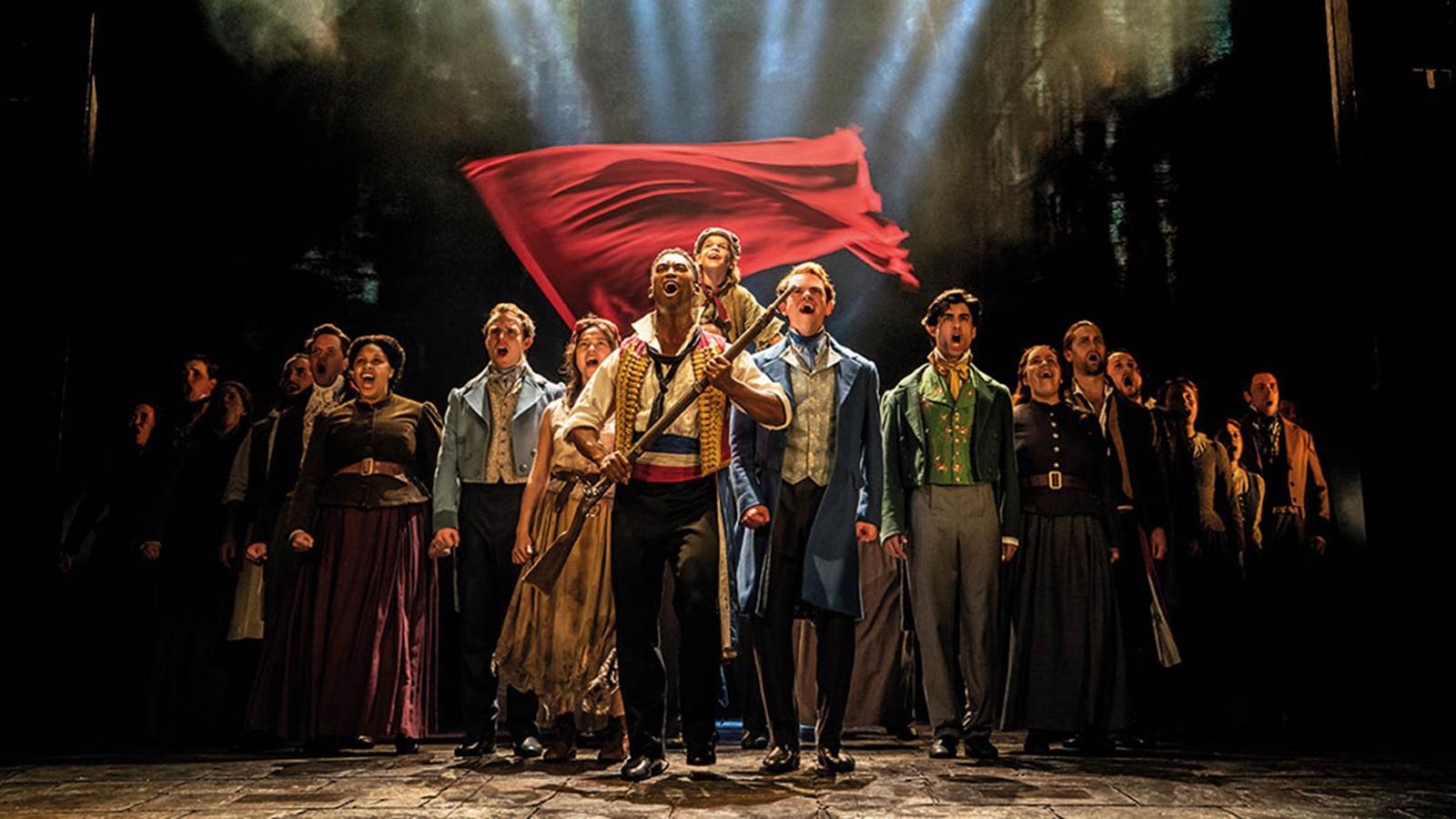
Table of Contents
The Controversy Surrounding Trump's Kennedy Center Honor
Trump's selection for the Kennedy Center Honors has been met with significant backlash. The decision has reignited debates surrounding his political career and its impact on American society. The controversy isn't solely about Trump himself; it also highlights ongoing criticisms of the Kennedy Center Honors selection process. Some argue that the process lacks transparency and consistently overlooks deserving artists while selecting figures based on political connections or perceived cultural influence rather than purely artistic merit.
-
Trump's Political Career and Controversies: Trump's presidency was marked by considerable political polarization, with his policies and rhetoric generating strong reactions from both supporters and opponents. His stances on immigration, healthcare, and climate change, among others, have drawn intense criticism and fueled ongoing debate. These highly visible controversies are directly relevant to the artistic objections voiced by those considering a boycott.
-
Previous Criticisms of the Kennedy Center Honors: The Kennedy Center Honors haven't been immune to criticism in the past. Concerns have been raised about the selection criteria, with some questioning the balance between artistic achievement and political considerations. This lack of transparency contributes to the current controversy, feeding skepticism about Trump's selection.
-
Political Opinions Influencing Artistic Choices: The arts have long served as a platform for political expression, and instances where artists have boycotted or protested events due to political disagreements are well documented. Think of past controversies surrounding the Oscars or Grammy Awards, where similar expressions of dissent have occurred.
-
Public Reaction and Social Media Sentiment: Social media has amplified the debate surrounding Trump's honor, with strong opinions voiced on both sides of the issue. The hashtag #KennedyCenterHonors has been trending, displaying a wide spectrum of emotions – from outrage and calls for a boycott to support for Trump’s inclusion. Analyzing this sentiment provides valuable insight into the depth of feeling surrounding this contentious issue.
-
Examples from News and Social Media: News outlets such as the New York Times and CNN have extensively covered the controversy, quoting both critics and supporters of the decision. Social media platforms like Twitter and Facebook have become battlegrounds for public discourse, with many sharing their views and calling for action.
The Potential Les Misérables Cast Boycott: Motivations and Implications
The prospect of a Les Misérables cast boycott is a significant development. The motivations behind a potential boycott are multifaceted and complex, stemming from deep-seated disagreements with Trump's political stances and his broader public image.
-
Reasons for a Boycott: Potential reasons for the boycott include strong opposition to Trump's policies, his divisive rhetoric, and his perceived undermining of democratic institutions. For some actors, participation in an event honoring Trump would be seen as an endorsement of his actions and values, a position they may find morally untenable.
-
Impact on the Broadway Production and the Kennedy Center Honors: A boycott could have significant repercussions. It could damage the image of the Les Misérables production, leading to negative publicity and potential ticket sales decline. For the Kennedy Center Honors, it would represent a dramatic public rejection of the event's honoree and raise serious questions about the event's legitimacy and future.
-
Precedent Set by Previous Boycotts: History is replete with examples of boycotts in the arts and entertainment industry, demonstrating the power of collective action in expressing dissent. These precedents, ranging from boycotts of films to protests against specific artists, provide context for the potential Les Misérables action.
-
Ethical and Moral Dilemmas: The actors involved face a complex ethical dilemma. They must weigh their artistic integrity and personal beliefs against potential professional consequences. The decision to participate or boycott carries significant weight, reflecting their individual values and commitment to social justice.
-
Potential Legal Implications: The legal implications of a collective boycott are complex and vary based on contractual obligations and labor laws. Any such action would require careful consideration of the potential legal ramifications for the actors involved.
The Broader Context: Art, Politics, and Public Discourse
The potential Les Misérables boycott highlights the profound relationship between art, politics, and public discourse. Art has historically served as a potent tool for political commentary, allowing artists to express their views and challenge established power structures.
-
Art as Political Commentary: Throughout history, artists have used their work to express their views on social and political issues, from protesting war to advocating for social justice. The potential boycott reflects this long tradition of using artistic expression to effect change.
-
Artistic Freedom and Political Expression: Artistic freedom is a fundamental right, enabling artists to express their views without censorship or fear of retribution. The potential boycott embodies this principle, demonstrating the power of artistic expression as a form of political activism.
-
Impact on Public Opinion: Such protests can profoundly shape public opinion, forcing conversations about important social and political issues. The potential Les Misérables boycott demonstrates the ability of artistic actions to galvanize public debate and influence political discourse.
-
Intersection of Art, Politics, and Public Discourse: In recent years, the intersection of art, politics, and public discourse has become increasingly prominent. Social media has amplified the voices of artists and allowed for more widespread dissemination of their political views, making artistic protests more impactful and visible than ever before.
Conclusion
The potential Les Misérables cast boycott in response to Donald Trump receiving the Kennedy Center Honors highlights the complex intersection of art, politics, and public opinion. This controversial decision has sparked widespread debate, raising crucial questions about the role of artistic expression in addressing political concerns. The situation showcases the ongoing tension between celebrating cultural achievement and confronting political disagreements.
Call to Action: The Trump Kennedy Center visit and the potential boycott demonstrate the power of artistic protest. What are your thoughts on this contentious issue? Share your views in the comments below, and let's discuss the implications of the Trump Kennedy Center Honors and the potential impact of boycotts on cultural events. Join the conversation about the Trump Kennedy Center controversy!

Featured Posts
-
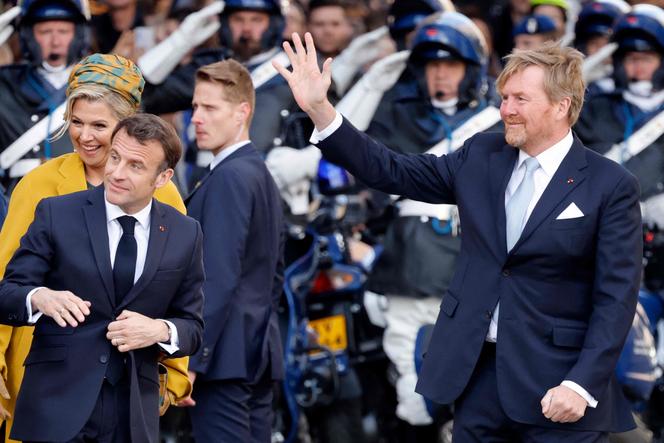 Makron Starmer Merts I Tusk Proignorirovali Priglashenie V Kiev 9 Maya
May 10, 2025
Makron Starmer Merts I Tusk Proignorirovali Priglashenie V Kiev 9 Maya
May 10, 2025 -
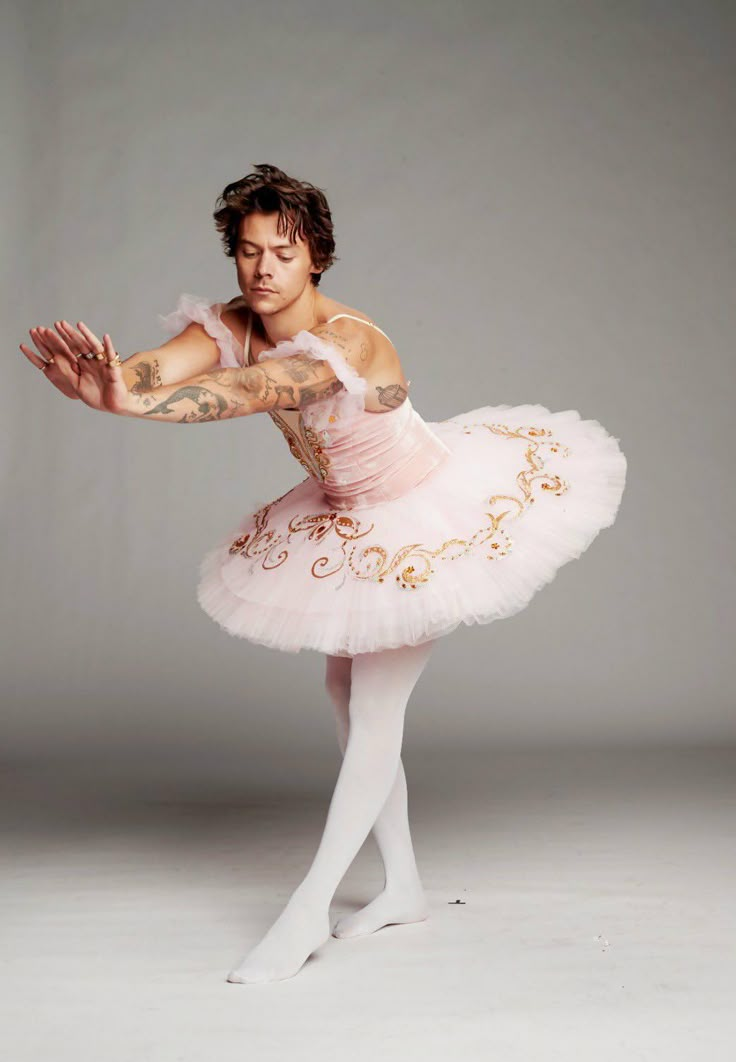 Did Snls Harry Styles Impression Go Too Far His Reaction Revealed
May 10, 2025
Did Snls Harry Styles Impression Go Too Far His Reaction Revealed
May 10, 2025 -
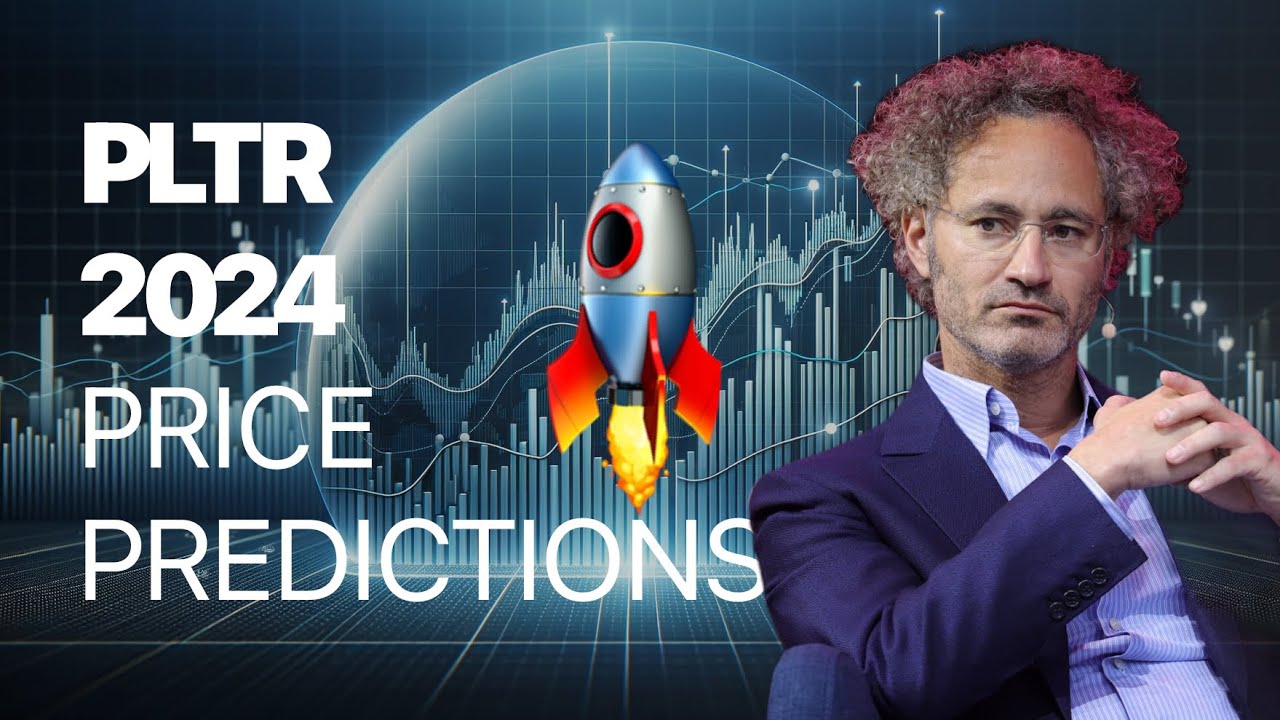 Palantir Stock Investment Strategy Before May 5th Earnings Release
May 10, 2025
Palantir Stock Investment Strategy Before May 5th Earnings Release
May 10, 2025 -
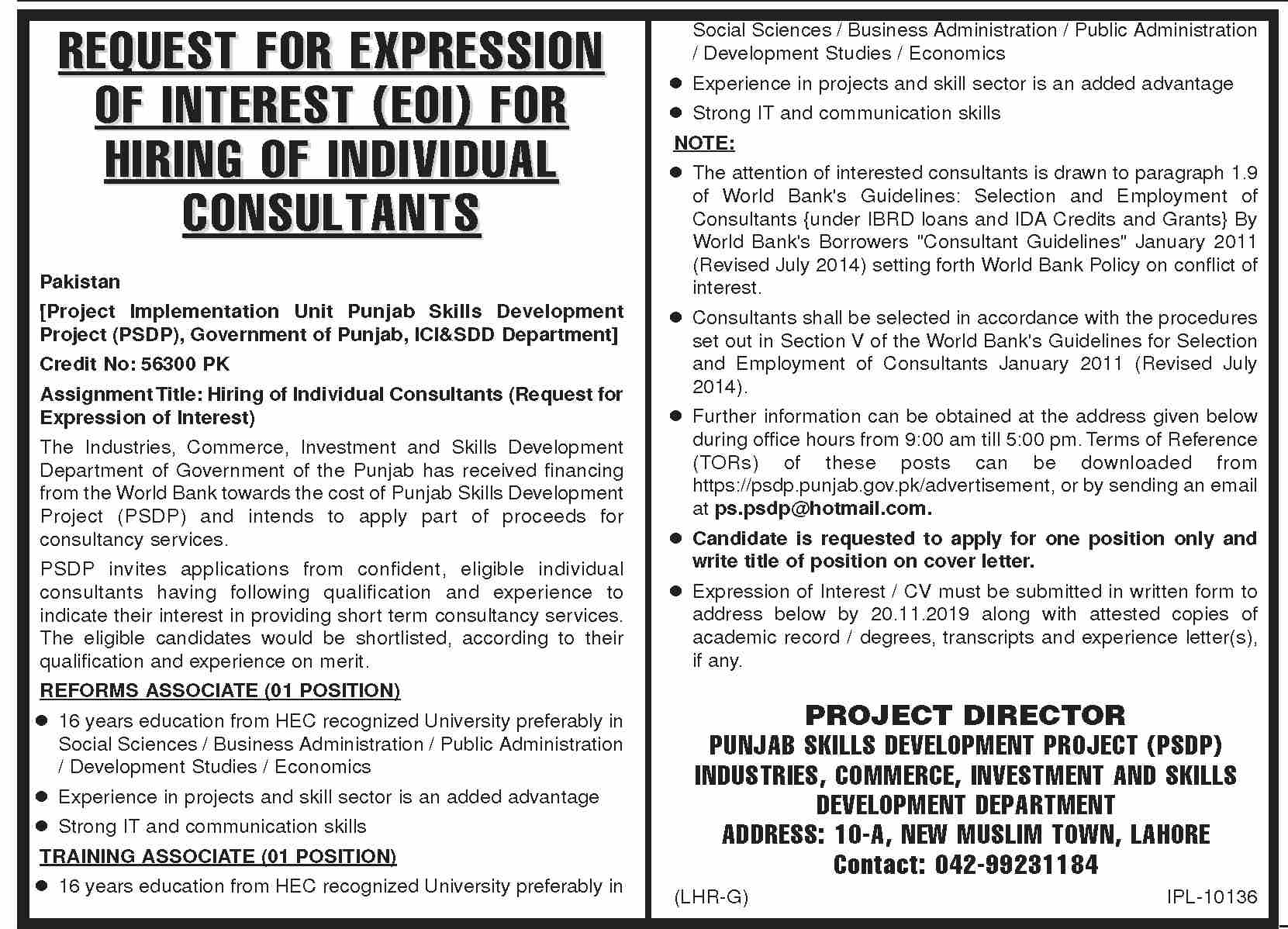 Skill Development Program For Transgender People In Punjab
May 10, 2025
Skill Development Program For Transgender People In Punjab
May 10, 2025 -
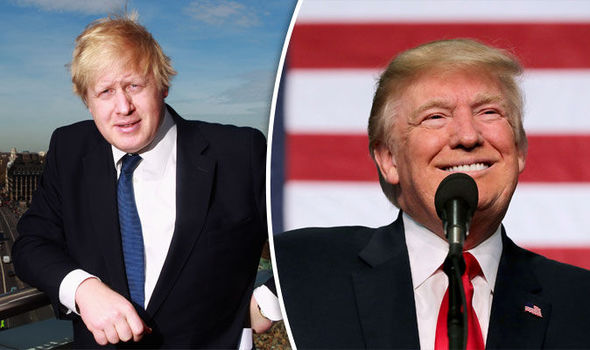 Trump Uk Trade Deal Impact And Implications
May 10, 2025
Trump Uk Trade Deal Impact And Implications
May 10, 2025
